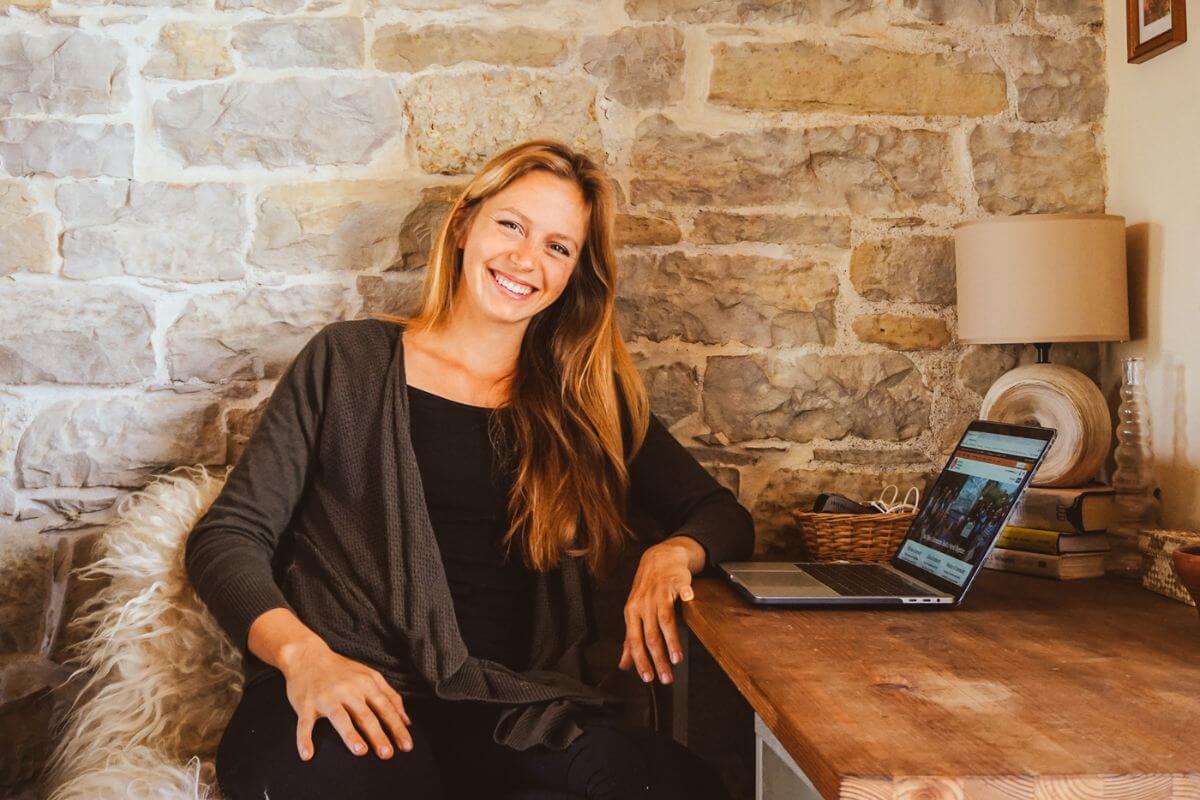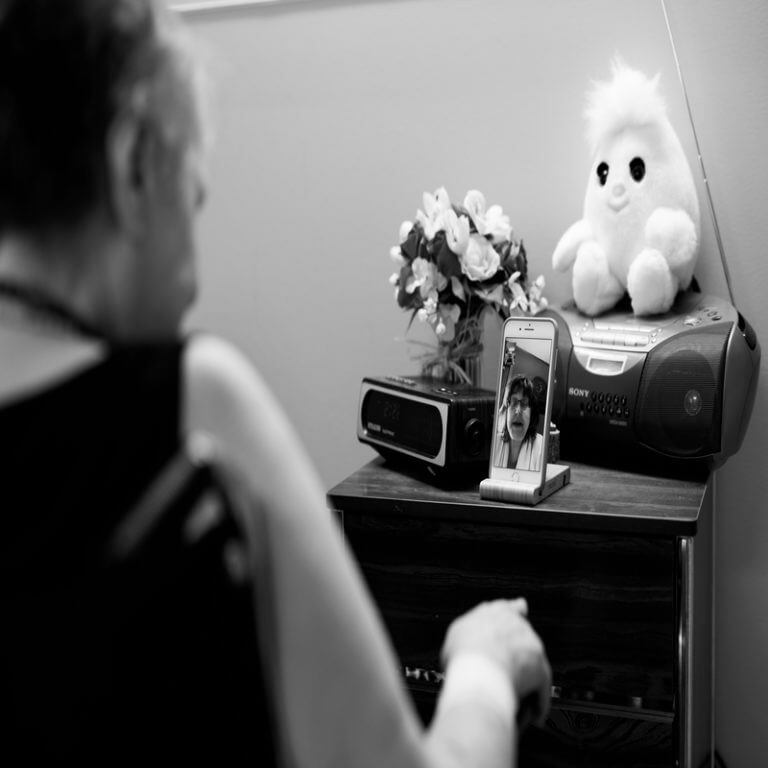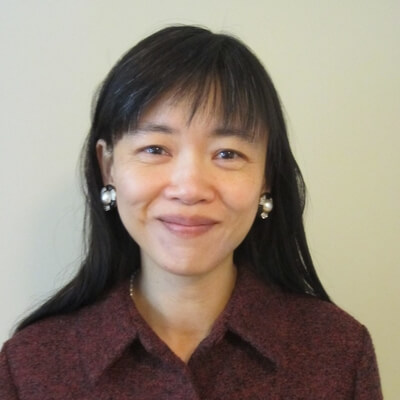Cynthia Tina feels deeply connected to nature, and her care for the environment also extends to people. It’s why she lives in an intentional community, in rural Vermont, where she’s building her own home and is helping grow a large garden. And, as a consultant and intentional community matchmaker, Tina wants people to feel inspired by the possibilities of feeling more connected to their neighbors.
intentional communities are becoming more mainstream and have their appeal in the fact that people have evolved as a social species in tight-knit communities.
“It’s a very deep drive we have as humans, to have a strong sense of belonging and connection with place and with our neighbors,” observes Tina, 30, who grew up in the Greater Boston Area, and holds a degree in sustainability from Goddard College in Vermont. “In modern life, many people don’t have that anymore. When COVID-19 hit, it exacerbated everything … Addressing loneliness is probably one of the biggest drivers to community living. It can also be a more affordable way to live.”
What Intentional Living Looks Like
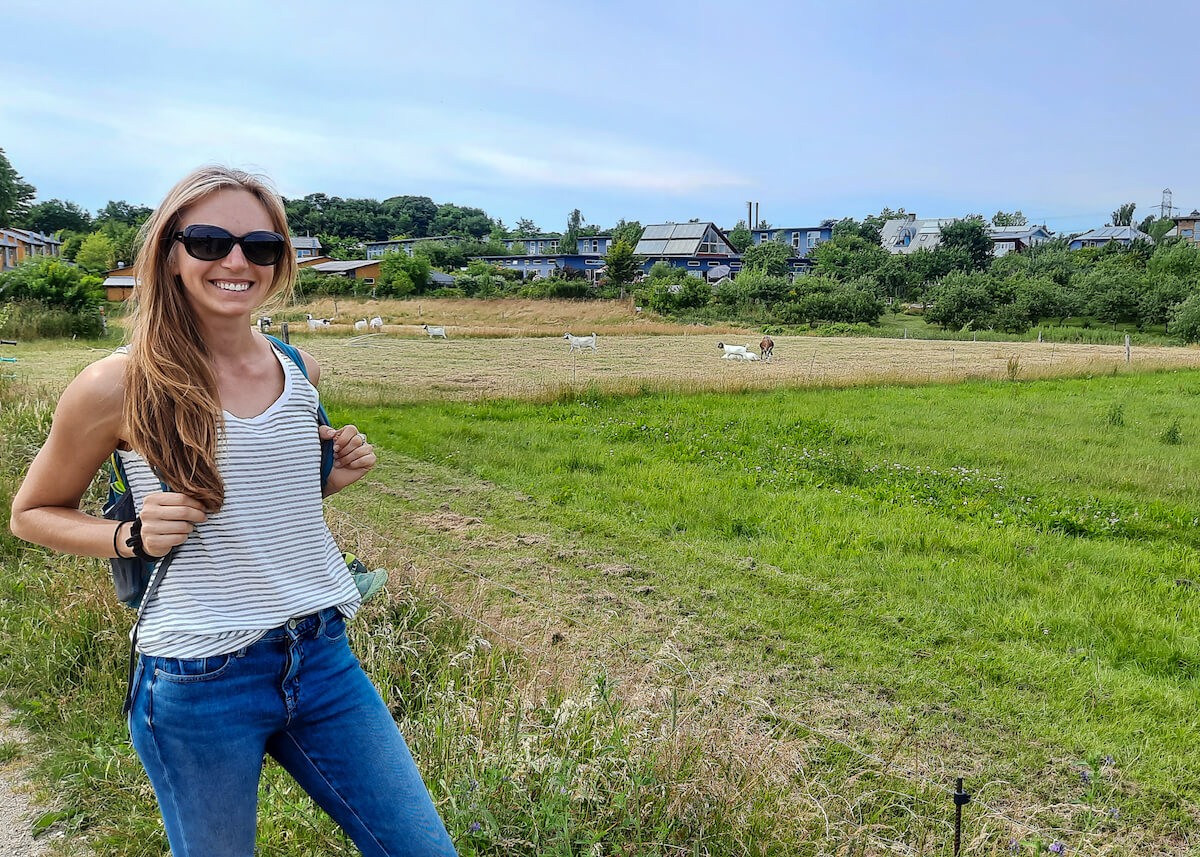
There are many ways to live in intentional communities that go far beyond the stereotypical hippy communes. There are ecovillages, for example, as well as cohousing, where people own their own home, with access to common spaces and facilities.
For many people, this type of living offers an opportunity to feel like they’re part of the solution to creating a better world, where they can make a meaningful contribution while living in a safe, healthy place where they can raise a family, and have companionship as they age. “People who come to this lifestyle want to be around like-minded individuals who are also committed to creating a better world,” Tina explains.
Living this way allows people to share both space and resources. “You don’t need your own lawnmower, or even a washing machine. It all helps reduce your impact on the planet. There is so much to share when you’re living in community.” Some communities even offer car-sharing programs.
Learning More About Intentional Communities
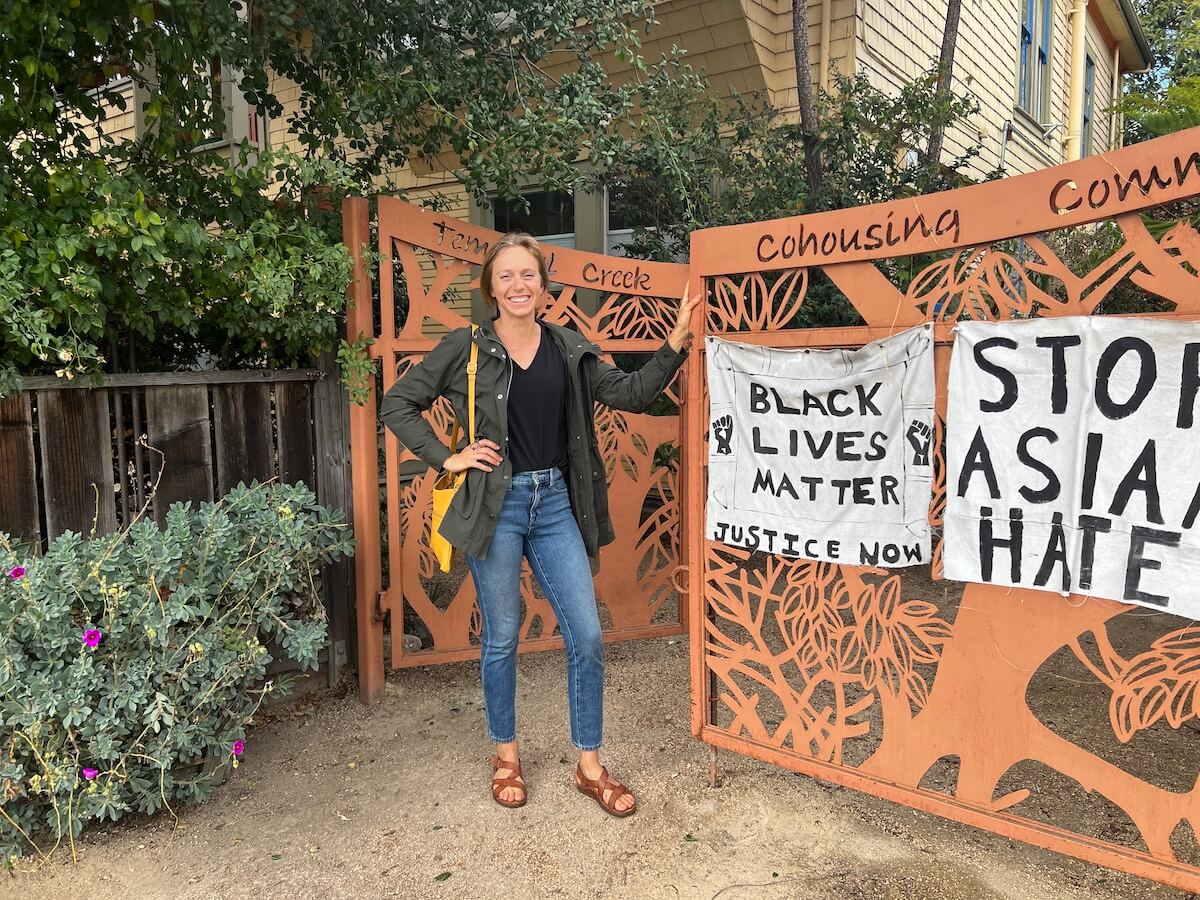
For anyone considering this lifestyle, Tina encourages you to do your research. A good place to start, is the Foundation for Intentional Community (FIC), which Tina joined in 2014 as a board member, and where she now serves as part of FIC’s executive leadership team as a co-director.
A U.S.-based non-profit organization, FIC is an international resource hub where people can learn about joining or starting an intentional community. FIC’s core programs include an online directory, listing more than 1,000 intentional communities; an online course offering teaching people about community living skills and how to become involved in community living; an online bookstore; and classified advertisements.
Related Articles
She also suggests visiting a few intentional communities in person. If you’re serious about exploring further, she suggests learning cooperative living skills, such as participatory decision making, conflict resolution, and communication skills.
“Living in community is really an exercise in finding common ground with a group of neighbors who may not always agree on things,” she says. “The more you can come into that situation with really solid skills in navigating complex group dynamics, the better you are going to feel living in community, and able to support the group.”
The Intentional Community Movement is Accessible
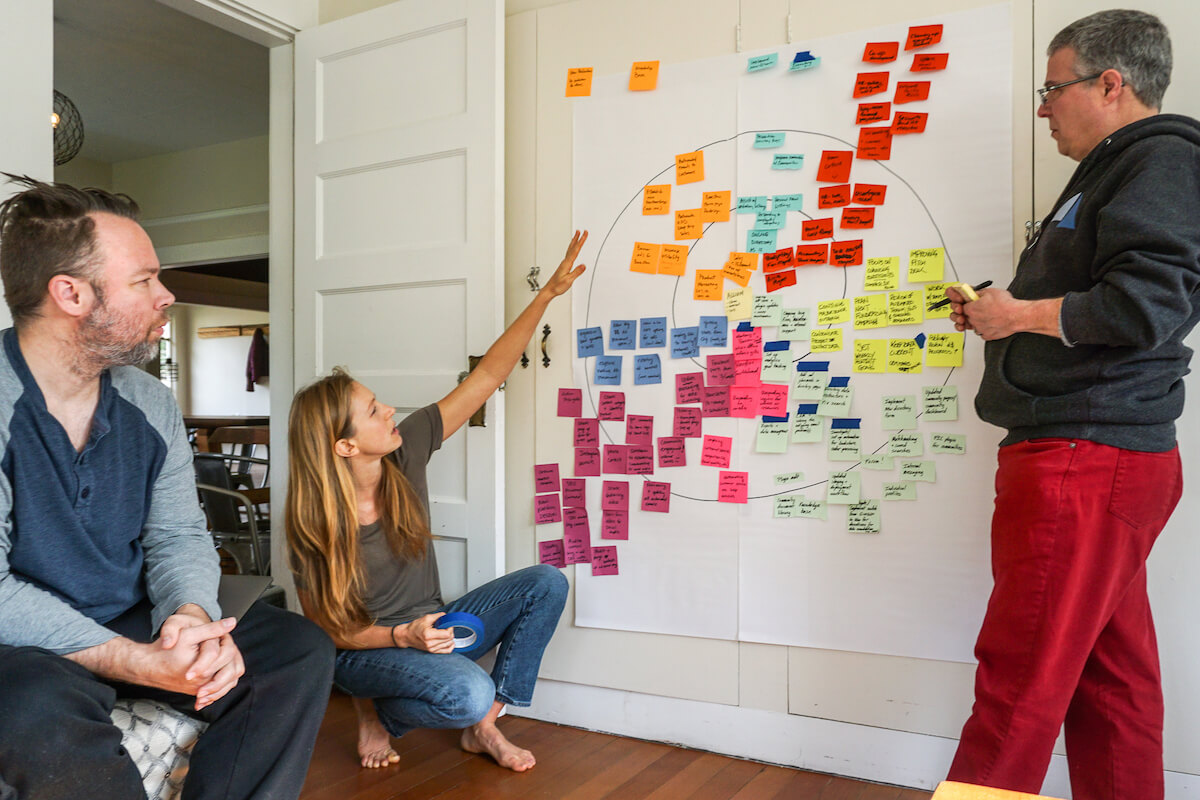
Tina wants people to know the movement is wider and more accessible than they may realize. “There is a huge diversity of community types out there – there is an opportunity to find a community that’s a fit for you.”
And whether you are living in an intentional community or not, she wants people to feel empowered and to form stronger communities, “Wherever you may be living already, and form stronger relationships with the people around you.”
Want to know how to build a stronger community? Tina offers the following suggestions:
- Sit out on your front porch more often
- Wave and say hello to your neighbors
- Organize a block party
- Share extra muffins you’ve baked, or extra zucchini from your garden
- Start a community garden
- Put up a Little Free Library (or bookshelf) on your street
“We live in such polarized times, where people don’t always sit down with others who have different views. Learning how to listen, share, and find that common ground – it’s a skillset that’s really valuable for our larger society as well,” she says.
Lead image credit: Courtesy of Cynthia Tina.
